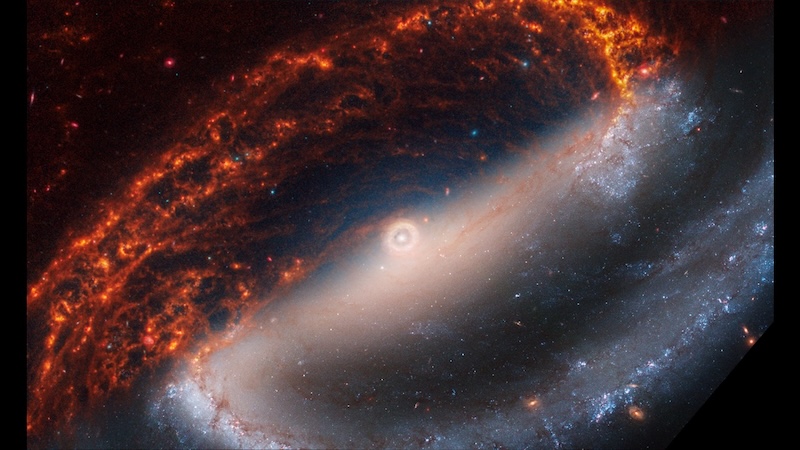Higher Degree by Research Application Portal
| Title | Physics of Galactic Bars |
|---|---|
| Supervisor | Dr Danail Obreschkow |
| Dr Aaron Ludlow | |
| Course | Doctor of Philosophy |
| Keywords | Galaxy formation |
| Galaxy evolution | |
| Computer simulations | |
| Theoretical astrophysics | |
| Research area | Physical Sciences |
| Project description | Galactic bars—pronounced elongated structures of stars seen in about half of all spiral galaxies—are among the most striking and enigmatic features in the cosmos. Their formation remains an open question, and their evolution is intricately linked to dark matter, the interstellar medium, star formation, and supermassive black holes. Yet, these connections are still not fully understood and have recently come under renewed scrutiny thanks to high-resolution simulations and unprecedented observations of distant barred galaxies enabled by the James Webb Space Telescope. This PhD project, based at the International Centre for Radio Astronomy Research (ICRAR) at the University of Western Australia, offers the chance to explore the physics of galactic bars through state-of-the-art supercomputer simulations. The student will analyse some of the largest cosmological simulations ever run and design targeted simulations to explore key questions in greater depth—probing the complex interplay between visible matter (stars, gas, black holes) and the elusive dark matter at the heart of galaxies. The project offers a unique opportunity to work with a world-class team of astrophysicists and engage with collaborators across Australia and Europe, with potential for international travel and strong integration into the global astrophysics community. |
| Opportunity status | Open |
| Open date | 01 Jul 2025 |
| Close date | 01 Aug 2027 |
| School | Graduate Research School |
| Contact | Prof. Danail Obreschkow: danail.obreschkow@uwa.edu.au Prof. Aaron Ludlow: aaron.ludlow@uwa.edu.au |
| Specific project requirement | The student is expected to have a MSc in Physics, Astronomy, or a closely related field. Experience with programming in python, R, C, etc, is beneficial but not required. |
| Course type | Doctorates |
| Description | The Doctor of Philosophy (PhD) is a program of independent, supervised research that is assessed solely on the basis of a thesis, sometimes including a creative work component, that is examined externally. The work presented for a PhD must be a substantial and original contribution to scholarship, demonstrating mastery of the subject of interest as well as an advance in that field of knowledge. Visit the course webpage for full details of this course including admission requirements, course rules and the relevant CRICOS code/s. |
| Duration | 4 years |
Guidance
